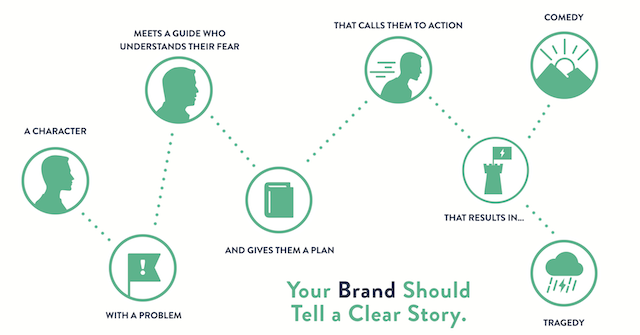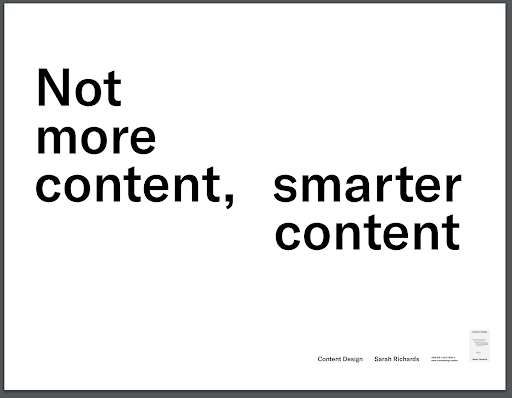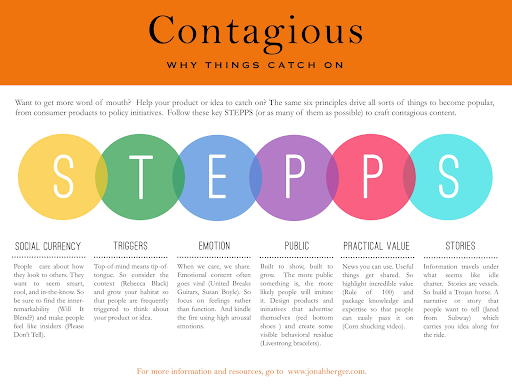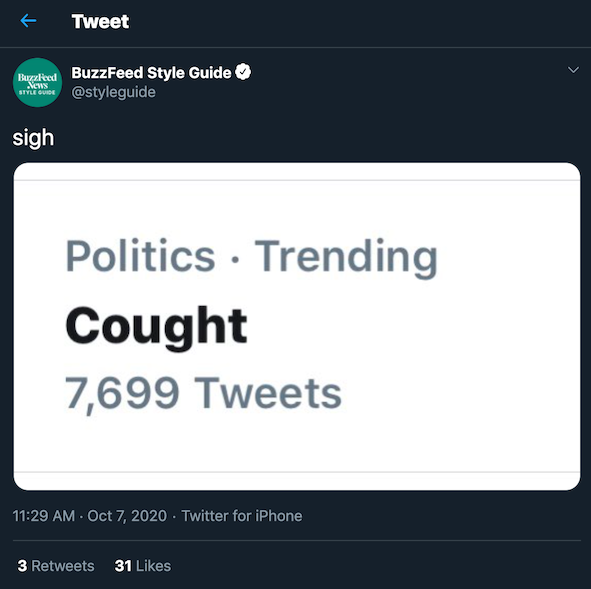Getting your information from a variety of knowledgeable sources is the best way to ensure your information is solid. But who has time to read 100 books about content marketing? Not me. And if you’re a marketer at a startup or a founder of a SaaS company—or, you know, have a life outside of work—you probably don’t either.

That’s why I put together this list of essential content marketing books. These are resources that you can use to learn how to get started, improve your content strategy, write more compelling blog posts. Plus, I’ll share some great resources for content editing.
Let’s jump in.
Content marketing books for strategy
Your content marketing strategy is a plan for building your audience and encouraging them to engage by producing valuable content. To create a successful content strategy, you need a solid foundation. Here are three books that will help you determine who you are, who your audience is, and how you can best reach them.
1. Building a StoryBrand by Donald Miller
Before you can start with an effective content marketing strategy, you need to have a brand story—one that not only explains why you exist but also who you exist to help. This book by Donald Miller provides a familiar framework: a hero encounters a problem, meets a guide who provides a plan, and then receives a call to action that results in a success or a failure.

How does Miller suggest you fit your brand into the story? As the guide. By defining your brand story with this book, you’ll define your position and your messaging, a key foundation that will drive your content marketing. You’ll also start to determine who your customer (the hero) is for you, which leads me to the next book.
2. Buyer Personas by Adele Revella
Let’s be clear: The purpose of content marketing isn’t to sell to your readers. But the goal of any content marketing strategy is to attract your target audience and compel them to engage with your company.
In order to do that, you need to know who your target audience is. That’s where Revella’s book comes in. Revella breaks down everything you need to get started creating buyer personas, including when to use a survey, why focus groups often don’t work, and how to get the most information out of customer interviews. Plus, she explains how to use buyer personas effectively across all of your marketing and even your sales process.
3. Content Design by Sarah Richards
In this book, content expert Sarah Richards explains her theory of content design, or the practice of approaching content from the user’s point of view first. For instance, instead of considering what to write, Richards encourages readers to consider what type of content would best fit the needs of their audience. That could be a blog post with a targeted keyword, or it could be a chart, a video, or an interactive tool.

Richards spends half of the book walking you through strategies for prep work, and then the other half sharing tips for using content design in your work and content marketing tools that help you do so. The result? You’ll start your content strategy prioritizing not more content, but more impactful content.
Content marketing books for writing
Now, the fun part. Here are a couple content marketing books that will help you write better narratives, develop your voice, and create more compelling content. Basically, a quick and effective reading list to improve your writing overall.
4. Contagious: Why Things Catch On by Jonah Berger
Berger’s book is relevant for all kinds of marketing channels, but it’s especially helpful for content creation. Great content isn’t great at all if no one’s reading it.
In this book, Berger explores one-off successes of viral videos and major enduring brands to illustrate six key ways things catch on.

While not everything will apply perfectly to your content marketing, Berger’s focus is centered more on brands and products. The overarching themes and central examples in this book are useful for your writing. To make more compelling content you need to appeal to emotion, highlight value, and use stories. Berger’s book will help show you how to do that.
5. Everybody Writes: Your Go-To Guide to Creating Ridiculously Good Content by Ann Hadley
This is a book you’ll want to read with a pen and a pile of sticky notes, because you’ll keep returning to the tips. Hadley’s guide will improve your writing everywhere—blog posts, social copy, landing pages, more.
Before jumping into specific guides for common marketing content, Hadley breaks down 59 rules for content writing. As Hadley explains, these rules aren’t meant to be totally followed, but they are great guides. One of my favorites: “Avoid Frankenwords, Obese Words, and Words Pretending to Be Something They’re Not.” As tempting as it is to make use of SAT fodder, clear, simple language is always better for content writing.
Content marketing books for editing
Content editing is often overlooked as a stage in your content marketing plan. I get it: You have a lot going on, and after you finish the last line of your blog post or whitepaper, you’re ready to jump into the inbox that you’ve been ignoring or onto a customer call you’re about to run late for.
But content editing is so important. You’ve already invested in creating a solid foundation for your strategy, and you’ve spent valuable time writing great content. A quick extra step to make sure it’s as effective—and as polished—as possible is worth it. And these resources will help.
6. A World Without Whom by Emmy Favilla
Former Buzzfeed Global Copy Chief Emmy Favilla’s book is hilariously quippy, but that’s not why you should read it. At least, it’s not the only reason. When it comes to your content editing, you’ll need to make some decisions about what you want to correct.

Pro tip: @BuzzFeedStyleGuide is a great Twitter follow.
Favilla shares how she created the BuzzFeed style guide and explains why she rejected some of the stuffy grammar rules: because no one cares, especially not on the internet. (Favilla also reminds us that “internet” used to be capitalized. RIP Internet.) She shares how to choose the rules to follow, why you can’t always trust the dictionary, and how to make sure you get the important things right. Which brings us to the last book on the list.
7. The Copyeditor's Handbook by Amy Einsohn
This is the only content marketing book on this list that I do not recommend reading start to finish. (Although, if you want to, I wouldn’t dare get in between you and 600 pages of grammar-filled fun.)
I do recommend looking through Part 2 and Part 3, and then returning to these sections on editorial style and language editing when you run into questions. Doubting that comma? Check and make sure it’s not a comma splice, a comma that incorrectly connects two independent clauses. Not sure if job titles should be capitalized? Look up the rules (though usually it’s no, unless they’re in front of a person’s name).
Use these content marketing books
Notice how I said use? Some of these books are great reads, but more often they’re good resources. Even if you don’t have time to sit down and read each content marketing book cover to cover, reading through relevant sections or trying a few of the exercises to improve your content marketing will be well worth it.
